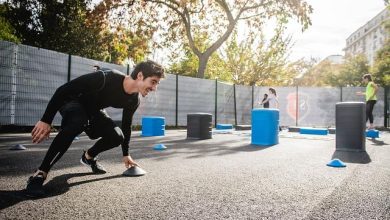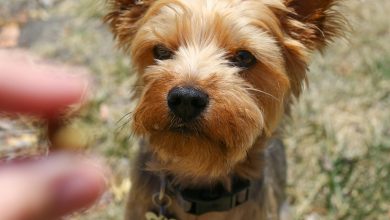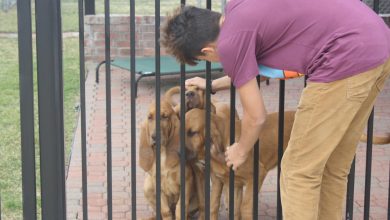The Power of Positive Reinforcement in Puppy Training
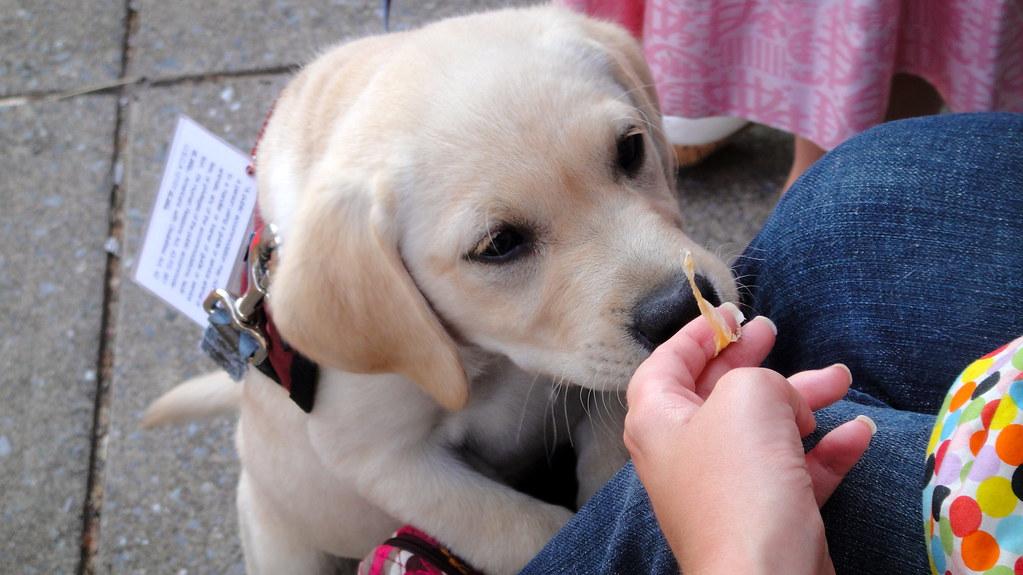
In the world of puppy training, where wagging tails and boundless energy meet the quest for good behavior, positive reinforcement emerges as a powerful ally. Imagine a realm where treats and praise replace stern commands, transforming the training experience into a joyful journey of mutual understanding. This article delves into the art of positive reinforcement, exploring how this compassionate approach not only nurtures well-behaved pups but also fosters a deeper bond between human and canine. As we unravel the secrets behind this technique, we’ll discover how a little positivity can unlock a puppy’s potential, turning everyday moments into opportunities for growth and connection.
Building a Strong Bond: The Role of Positive Reinforcement in Trust and Communication
When embarking on the journey of puppy training, establishing a foundation of trust and effective communication is paramount. Positive reinforcement plays a crucial role in this process, as it nurtures a strong bond between you and your furry companion. By rewarding desirable behaviors, you not only encourage their repetition but also foster an environment where your puppy feels safe and understood. This approach emphasizes the importance of understanding your puppy’s perspective, making them more receptive to your guidance.
- Consistency: Reinforce good behavior every time it occurs, ensuring your puppy knows exactly what is expected.
- Timing: Deliver rewards promptly to help your puppy connect the action with the reward.
- Variety: Use a mix of treats, verbal praise, and play to keep the training engaging and enjoyable.
By integrating these elements into your training routine, you lay the groundwork for a relationship built on mutual respect and understanding. As trust grows, so does your puppy’s confidence in their ability to communicate with you, creating a harmonious and joyful partnership.
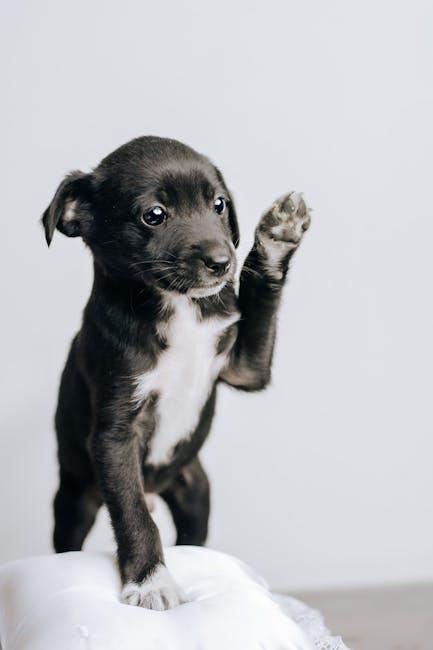
Mastering Commands with Kindness: Techniques for Effective Puppy Training
Training a puppy is as much about building a relationship as it is about teaching commands. Positive reinforcement is the cornerstone of effective training, transforming each learning moment into an opportunity for connection and trust. By rewarding desired behaviors with treats, praise, or play, you encourage your puppy to repeat those actions. This method not only makes learning enjoyable but also strengthens the bond between you and your furry friend. The key is consistency and timing—reward your puppy immediately after they perform the desired behavior to reinforce the connection between action and reward.
- Treats: Use small, soft treats that your puppy loves to maintain their interest.
- Praise: A simple “good job” or a gentle pat can go a long way in encouraging your pup.
- Playtime: Incorporate a favorite toy or game as a reward for learning new commands.
By focusing on what your puppy does right, you create a positive learning environment. This approach not only fosters a happy and well-behaved pet but also nurtures a deep, lifelong connection.
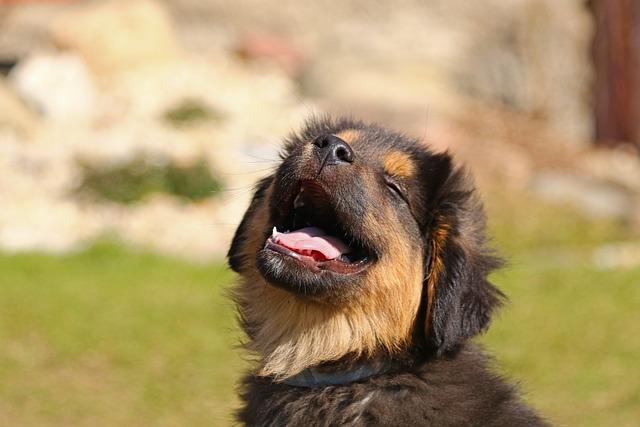
Avoiding Common Pitfalls: How to Stay Consistent and Patient
Training a puppy can be an exhilarating journey, but it’s easy to stumble into common traps that can hinder progress. Consistency and patience are your greatest allies in this endeavor. Here are a few tips to help you maintain both:
- Set a Schedule: Establish regular training times each day to build a routine your puppy can anticipate. Consistent training sessions reinforce learning and help solidify new behaviors.
- Keep Commands Simple: Use clear, concise commands and stick to them. Switching phrases can confuse your puppy, slowing down their learning process.
- Recognize Small Wins: Celebrate minor achievements with treats or praise. This not only boosts your puppy’s confidence but also strengthens the bond between you two.
- Practice Patience: Remember, every puppy learns at their own pace. Resist the urge to rush the process, as frustration can lead to negative experiences for both you and your puppy.
- Embrace Mistakes: Mistakes are part of learning. Instead of reacting negatively, guide your puppy back on track with gentle corrections and encouragement.
By focusing on these strategies, you’ll find that maintaining a consistent and patient approach not only makes the training process smoother but also fosters a positive environment where your puppy can thrive.
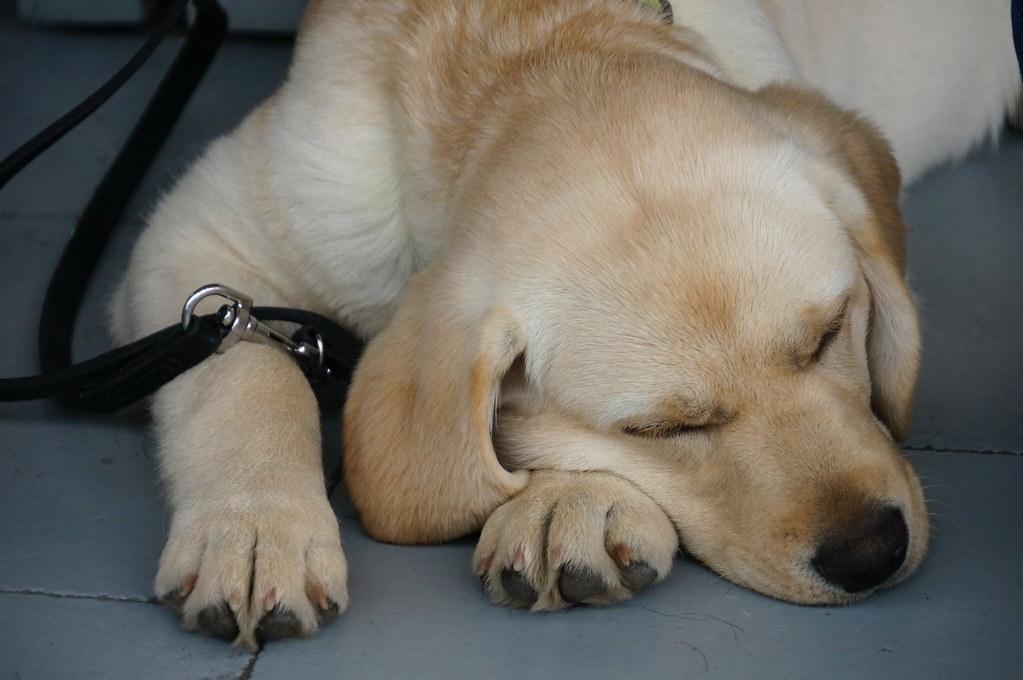
Celebrating Small Wins: The Importance of Timely Rewards and Encouragement
In the journey of puppy training, recognizing and celebrating small achievements can make a world of difference. Timely rewards serve as powerful motivators, encouraging puppies to repeat desirable behaviors. As you guide your furry friend through new commands and tricks, consider the benefits of immediate positive reinforcement. Offering a treat or a simple pat can swiftly communicate to your pup that they are on the right track, strengthening the bond between you and your canine companion.
- Immediate Gratification: Puppies have short attention spans, so quick rewards ensure they associate the treat with the action.
- Consistency is Key: Regularly acknowledging small wins helps establish clear expectations and fosters trust.
- Boosts Confidence: Every successful sit or stay builds your puppy’s self-assurance, making them more eager to learn.
By weaving timely encouragement into your training sessions, you not only enhance your puppy’s learning experience but also create a joyful and positive atmosphere that both of you will cherish.
